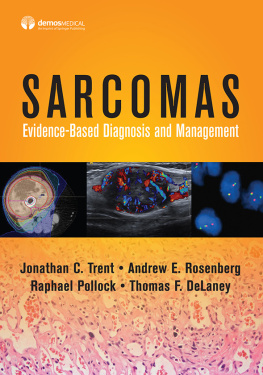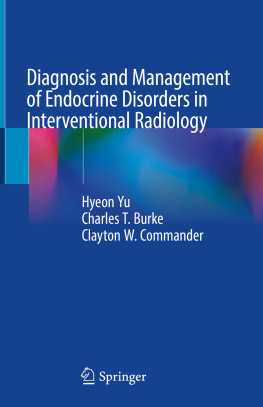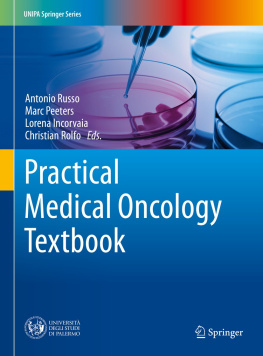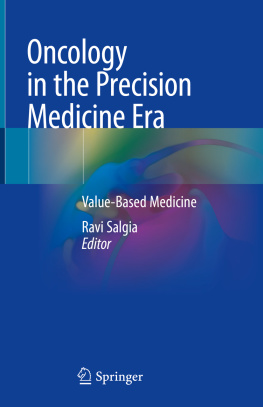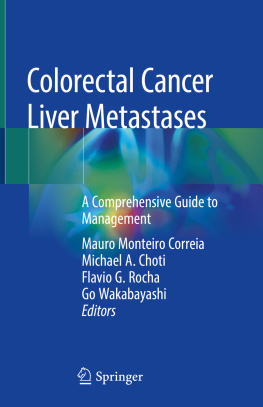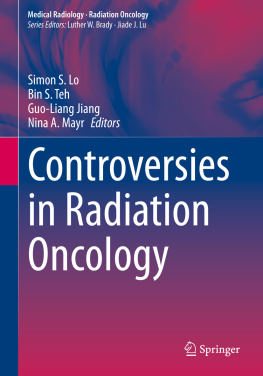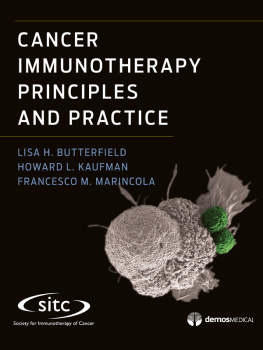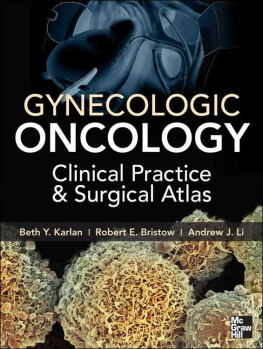ACT | adoptive cellular transfer |
ALL | acute lymphoblastic leukemia |
ARMS | alveolar rhabdomyosarcoma |
ASPS | alveolar soft part sarcoma |
ATRA | all-trans retinoic acid |
CAR | chimeric antigen receptor |
CAR-T | chimeric antigen receptor T cells |
CCR | chemokine receptor |
CEA | carcinoembryonic antigen |
CK | cytokeratins |
COG | Childrens Oncology Group |
CR | complete remission |
CRS | cytokine release syndrome |
CTA | cancer testis antigens |
CTL | cytotoxic T lymphocytes |
CTLA-4 | cytotoxic T lymphocyte-associated antigen 4 |
CXCR | chemokine ligand |
DD | dedifferentiated |
DFS | disease-free survival |
EFS | event-free survival |
EMA | epithelial membrane antigen |
EpSSG | European Soft Tissue Sarcoma Group |
ERBB2 | human epidermal growth factor receptor 2/neu |
ERMS | embryonal rhabdomyosarcoma |
ES | epithelioid sarcoma |
EWS | Ewing sarcoma |
FDG-PET | fluorodeoxyglucose-PET |
FISH | fluorescence in situ hybridization |
FNCLCC | French Federation of Comprehensive Cancer Centers (Fdration Nationale des Centres de Lutte Contre le Cancer) |
GD2 | disialoganglioside |
GIST | gastrointestinal stromal tumor |
HAI | hepatic artery infusion |
HAIP | hepatic artery infusion pump |
HFG | hepatocyte growth factor |
HITM | hepatic immunotherapy for metastases |
HLA | human leukocyte antigen |
xiv HPF | high-powered field |
IE | ifosfamide, etoposide |
IFP | interstitial fluid pressure |
IFS | infantile fibrosarcoma |
IgTCR | immunoglobulin T cell receptor |
IL | interleukin |
IPCTM | Intraperitoneal CAR-T infusion |
IRS | Intergroup Rhabdomyosarcoma Study Staging System |
LAK | lymphokine-activated killer cells |
LDH | lactate dehydrogenase |
LSS | limb-sparing/salvage surgery |
mAb | monoclonal antibody |
MAP | methotrexate, doxorubicin, cisplatin |
MDACC | MD Anderson Cancer Center |
MDSC | myeloid-derived suppressor cells |
MHC | major histocompatibility complex |
MITF | microphthalmia transcription factor |
MST | median survival time |
NCI | National Cancer Institute |
NKAE | expanded natural killer cells |
NRSTS | non-rhabdomyosarcoma soft tissue sarcoma |
ORR | objective response rate |
OS | overall survival |
PCR | polymerase chain reaction |
PD | progressive disease |
PD1/PD-L1 | programmed death 1/programmed death ligand 1 |
PEDD | pressure-enabled drug delivery |
PFS | progression-free survival |
POG | Pediatric Oncology Group |
PPTP | Pediatric Preclinical Testing Program |
PR | partial response |
RECIST | Response Evaluation Criteria in Solid Tumors |
RMS | rhabdomyosarcoma |
RT | radiation therapy |
RT-PCR | reverse transcription polymerase chain reaction |
SBRT | stereotactic body radiation therapy |
scFv | single-chain variable fragment |
SD | stable disease |
SEER | Surveillance, Epidemiology, and End Results |
SPECT | single-photon emission computed tomography |
STIR | short-tau inversion recovery |
STS | soft tissue sarcoma |
TAA | tumor-associated antigen |
TAM | tumor-associated macrophages |
TBI | total body irradiation |
TCR | T-cell receptor |
xv TFE3 | transcription factor E3 |
Th1 | T helper type 1 |
TIL | tumor-infiltrating lymphocytes |
TKI | tyrosine kinase inhibitor |
TME | tumor microenvironment |
TNF | tumor necrosis factor |
TNM | tumor, node, metastases |
Treg | T regulatory cell |
UPS | undifferentiated pleomorphic sarcoma |
VA | vincristine, actinomycin D |
VAC | vincristine, actinomycin D, cyclophosphamide |
VDC | vincristine, doxorubicin, cyclophosphamide |
VEGF | vascular endothelial growth factor |
VZV | varicella zoster virus |
WD | well differentiated xvi |
We would like to thank the many sarcoma patients, caregivers, and advocates throughout the world who have supported clinical research and helped shape our understanding of old and new treatments for bone and soft tissue sarcomas. We would also like to thank our colleagues and mentors who instilled the drive to improve patient outcomes and taught us the knowledge not found in typical textbooks, which we have purposefully included in this book. Ultimately, we thank our families and friends who have supported us during the writing of this book. xviii
Ravin Ratan and Shreyaskumar R. Patel
Localized approaches such as surgery and radiation therapy are the mainstay for localized, resectable, low-risk sarcoma patients. However, a significant portion of patients requires systemic therapy owing to a high risk for recurrence or the presence of metastatic disease. This chapter discusses the agents commonly used to treat most soft tissue sarcomas. Systemic therapy for sarcoma patients is generally used to facilitate limb (or organ)-sparing surgery, neoadjuvant and/or adjuvant treatment of high-risk localized disease to decrease the risk of metastases, and treatment of metastatic and locally advanced disease with the objective of symptom palliation and prolongation of life. The goal of medical oncology is to select the appropriate agent and administer it at the appropriate dose for the appropriate patient. The selection of therapy in a given scenario will consider the overall goals of the patient being treated, the patients ability to tolerate a treatment, the acceptability of the toxicity profile to the patient, any previous therapies, and the specific histologic subtype of the patients tumor.

